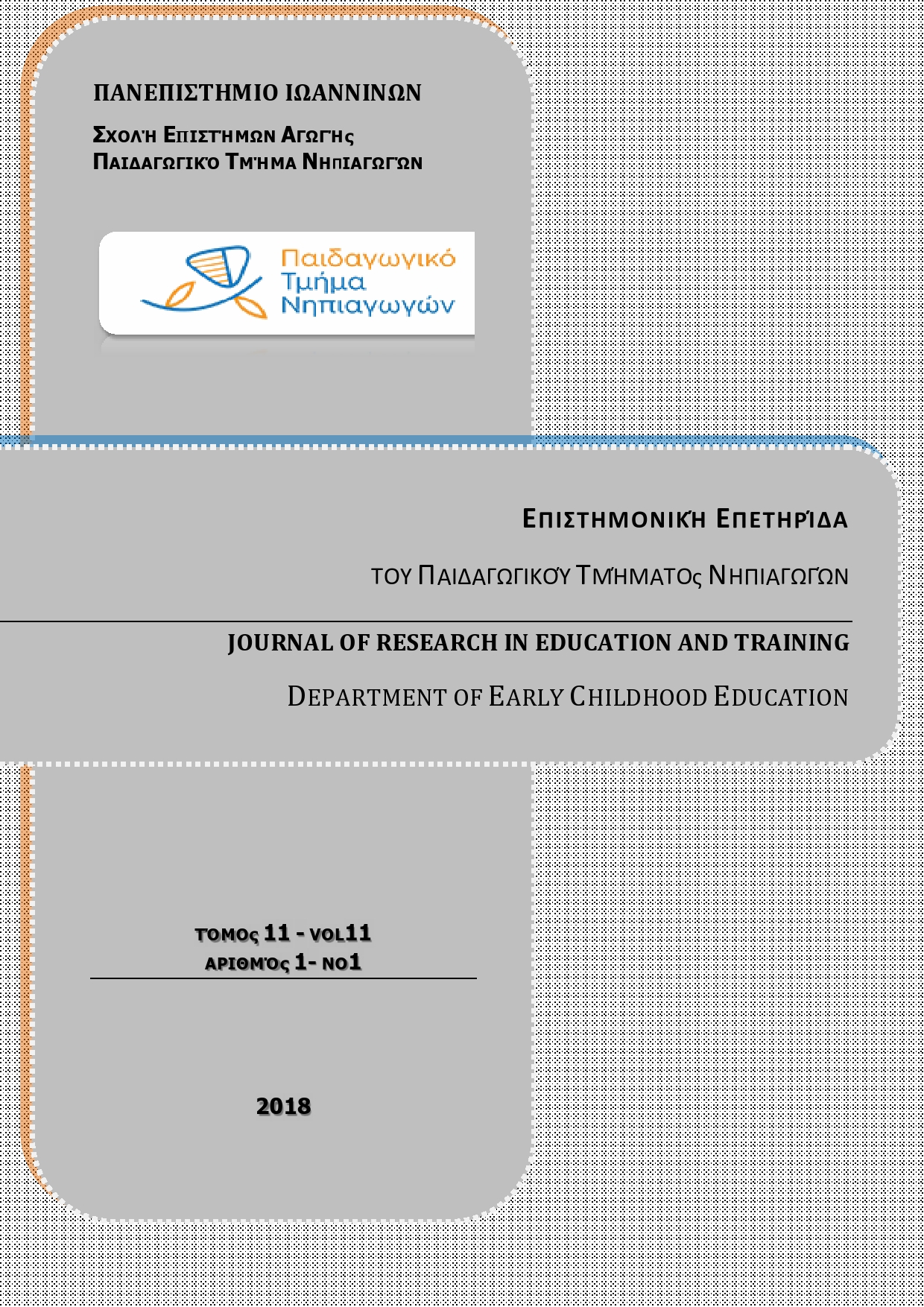The role of teachers' emotional Intelligence in their emotion and motivation at work

Abstract
Studies about teachers’ emotional abilities at work are limited (Brackett et al., 2008), although they seem to play a significant role to their affect and motivation. The aim of the two presented studies was to investigate the correlations between teachers’ emotional intelligence and affect and motivation in work. In both studies participants completed the Wong Law Emotional Intelligence Scale (WLEIS·Wong & Law, 2002). In the first study, participants were 199 teachers, who additionally completed the following scales: Overall Job Satisfaction (Brayfield & Rothe, 1951), Maslach Burnout Inventory (Maslach & Jackson, 1986), State Anxiety Inventory (Spielberger, 1980) and Job Affect Scale (JAS· Brief, Burke, George, Robinson, & Webster, 1988). In the second study, participants were 98 teachers, who additionally completed the following scales: Ohio State teacher efficacy scale (OSTES· Tschannen-Moran & Woolfolk Hoy, 2001) and Teachers’ Achievement Goals in Work Questionnaire (Papaioannou, 2001). Results showed that teachers’ emotional intelligence was positively related to mastery goals orientation, self-efficacy, job satisfaction and positive affect and was negatively related to burnout, negative affect and job anxiety. Both studies attempt to develop a complete overview about teachers’ emotional intelligence contribution to their work.
Article Details
- How to Cite
-
Vasiou, A. (2018). The role of teachers’ emotional Intelligence in their emotion and motivation at work. Journal of Research in Education and Training, 11(1), 1–47. https://doi.org/10.12681/jret.11974
- Issue
- Vol. 11 No. 1 (2018)
- Section
- Articles

This work is licensed under a Creative Commons Attribution-NonCommercial-ShareAlike 4.0 International License.
Authors who publish with this journal agree to the following terms:
- Authors retain copyright and grant the journal right of first publication with the work simultaneously licensed under a Creative Commons Attribution Non-Commercial License that allows others to share the work with an acknowledgement of the work's authorship and initial publication in this journal.
- Authors are able to enter into separate, additional contractual arrangements for the non-exclusive distribution of the journal's published version of the work (e.g. post it to an institutional repository or publish it in a book), with an acknowledgement of its initial publication in this journal.
- Authors are permitted and encouraged to post their work online (preferably in institutional repositories or on their website) prior to and during the submission process, as it can lead to productive exchanges, as well as earlier and greater citation of published work (See The Effect of Open Access).


